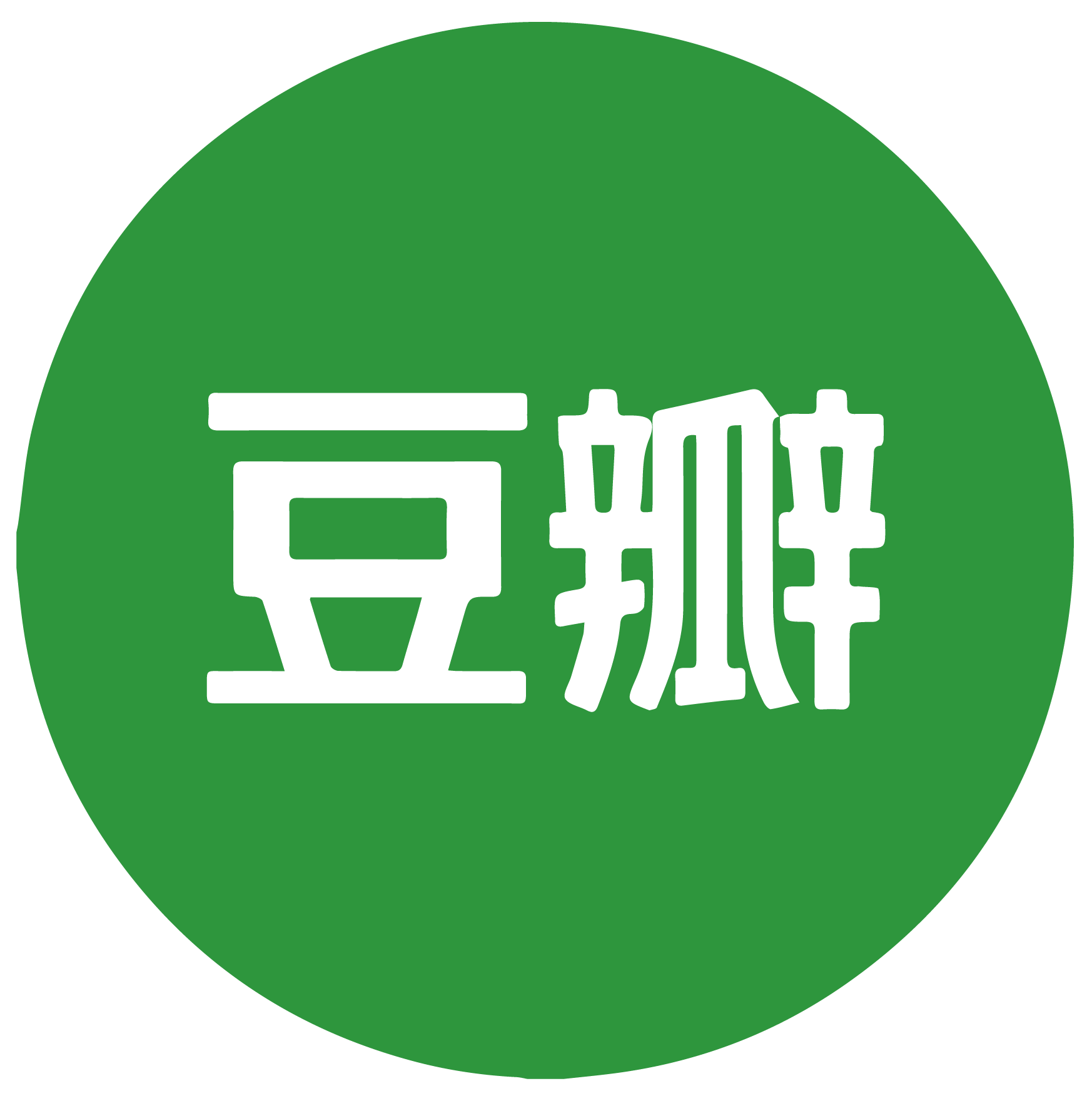China Tech Crackdown Latest Update on:Anti-monopoly, PIPL, Advertising law
【Posted on: 2021 November】
We continue our coverage on the great tech crackdown in China. If you have missed our previous coverage, read more about the Anti-monopoly crackdown, PIPL, Advertising law updates, October Update.
November has been a very busy month for China policymakers, several new draft laws were released for public comment.
First up is PIPL officially became law on November 1. We have covered this extensively in the past. On the same day, Yahoo stopped all its remaining online services in mainland China. While it was largely symbolic, most of yahoo services have been stopped for a long time now, Yahoo said the decision was made in recognition of the increasingly challenging business & legal environment in China.
Epic Games will no longer pursue launching its video game Fornite in China. While it has not had much luck even before because its local partner – Tencent never received approval to sell in-app items – the biggest source of revenue for these games, the strict limit on gaming hours for players under 18 also undoubtedly contributed to the decision.
At the end of October, the Cyberspace Administration of China (CAC) released draft rules that provide long-awaited details about a government security assessment process to be completed before transferring a wide variety of data out of China. The draft “Outbound Data Transfer Security Assessment Measures” (the 2021 draft Measures) are open for public comment until November 28. While the text is vague as usual, there are several areas of data that would need to be addressed – Critical information infrastructure (关键信息设施), Important data (重要数据), Providing abroad (向境外提供) or outbound transfer (出境).
China’s internet regulator released draft rules on 14th Nov that would require companies listing in Hong Kong to undergo a cyber security review if the share sale could implicate national security, threatening a recent shift by tech groups to the territory. The Cyberspace Administration of China, the country’s powerful data watchdog, announced in July that it would tighten rules for companies seeking to list overseas, with those that hold data on more than 1m users required to pass a security review. Most observers have noted that Hong Kong’s policy on data is not as strong as recently updated Mainland laws and hence there might be more segregation on how the rules might apply in Hong Kong.
Nov 3rd – China’s Ministry of Industry and Information Technology (MIIT) has ordered 38 apps, including news and music services apps run by Tencent Holdings, as well as popular social media platforms such as Xiaohongshu, to rectify violations related to excessive data collection and publishing misleading information, as Chinese authorities maintain a regulatory crackdown. Tencent’s online music streaming app QQ Music was named by MIIT as having collected excessive personal information, while Tencent News and the company’s karaoke app WeSing were both found to have misled or deceived users. The lite version for UC Browser, operated by Chinese e-commerce giant Alibaba Group Holding, was also found to have deceived or misled users, and failed to clearly display information in the app store, according to the ministry.
Nov 10th – The market watchdog in the southern province of Guangdong summoned 16 e-commerce platform operators – including a branch under Alibaba Group Holding, Meituan’s group-buying business, and Vipshop – to warn them against “unfair competition” activities and other business malpractice, as Beijing’s ongoing antitrust crackdown weighs on Big Tech companies during this year’s Singles’ Day festival. The watchdog accused the companies of various irregularities including selling fake products, false advertising and poor after-sales services, according to a report published on Tuesday by state-run China Central Television (CCTV).
Nov 20th – the State Administration of Market Regulation (SAMR) announced it had fined several companies including Alibaba Group Holding, JD.com, Tencent Holdings, Baidu and ByteDance for failing to disclose 43 deals. The companies were fined 500,000 yuan (US$78,000) for each violation. The oldest infraction goes back to 2012, this shows that Beijing is serious about its anti-monopoly crackdown targeting the internet industry and will not hesitate to probe “misconduct” committed years ago.
If you need specific strategies for XHS advertising and help with campaigns, Contact Us!
Feel free to talk to us
It’s a team with one single shared goal, which is our client’s success. Deliver results for your business now.


































